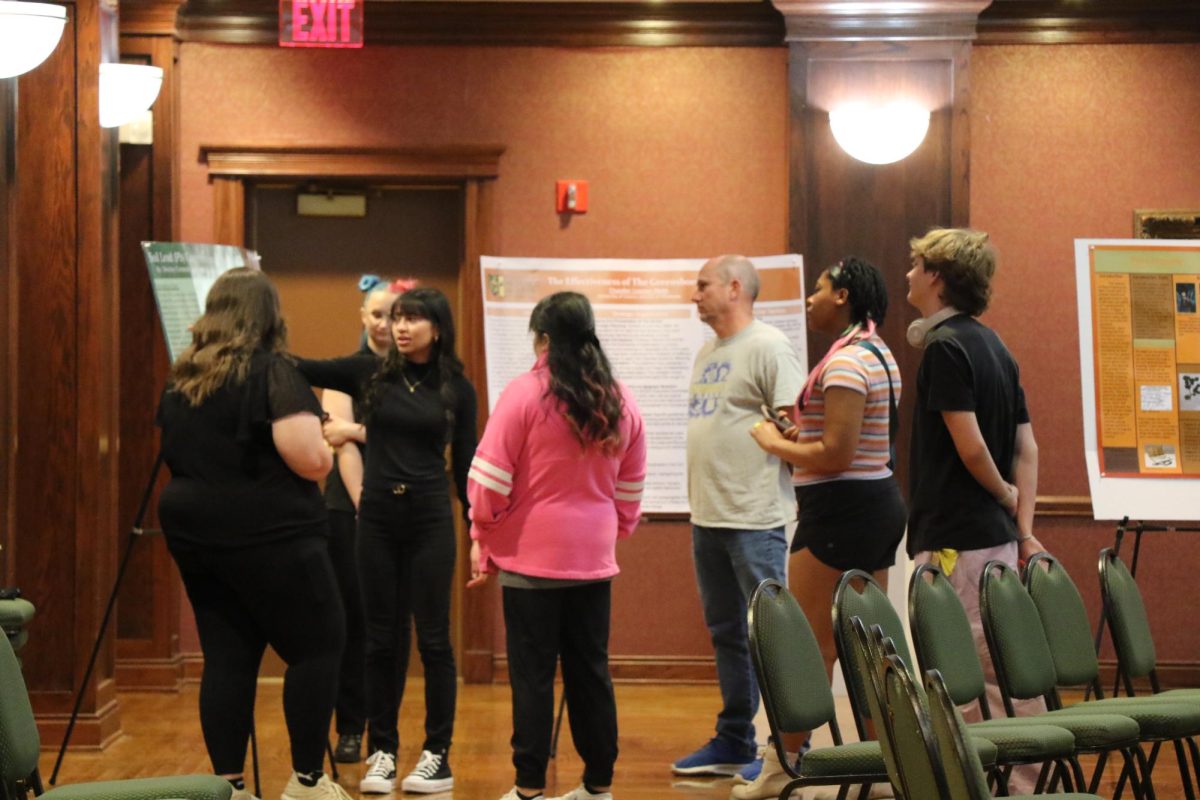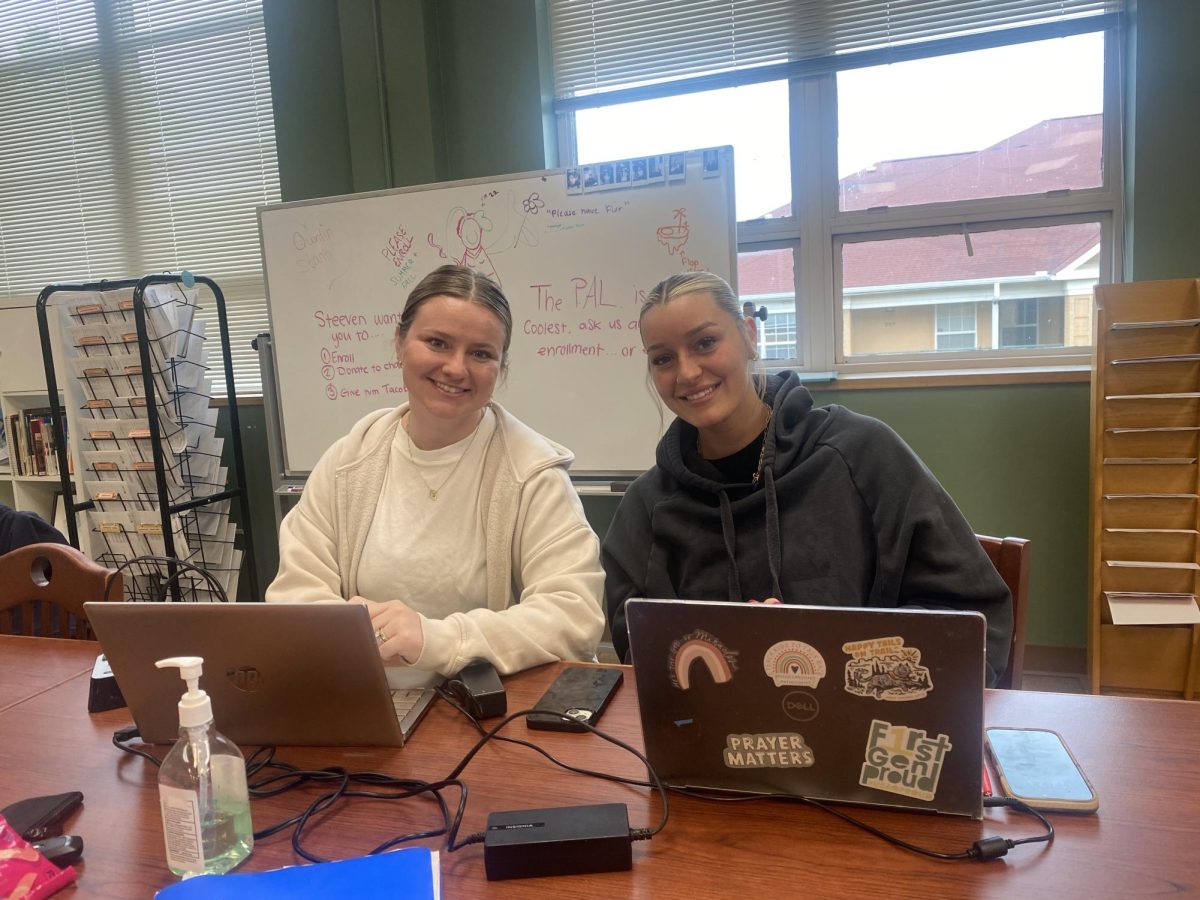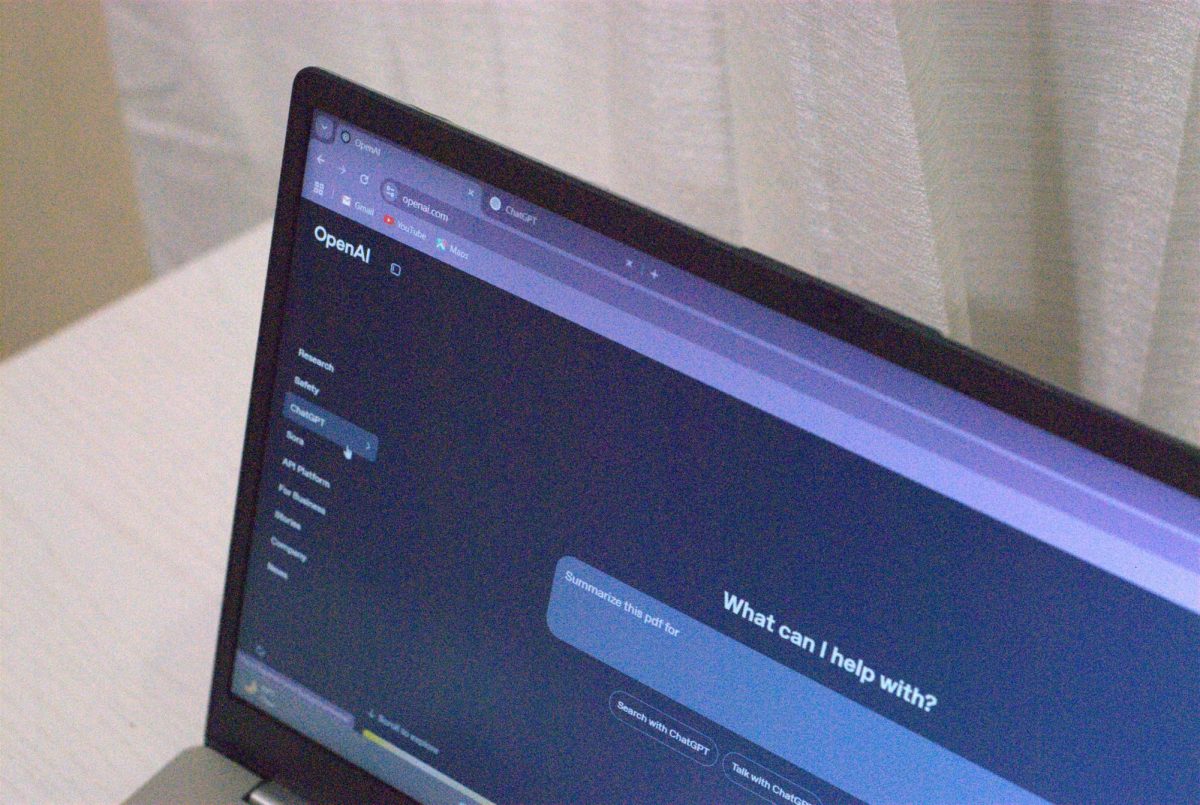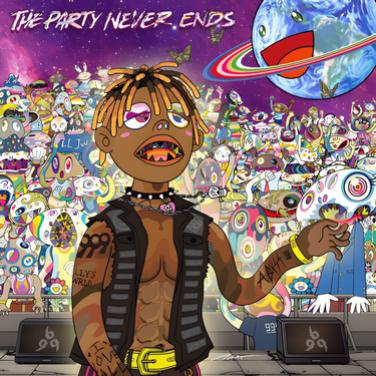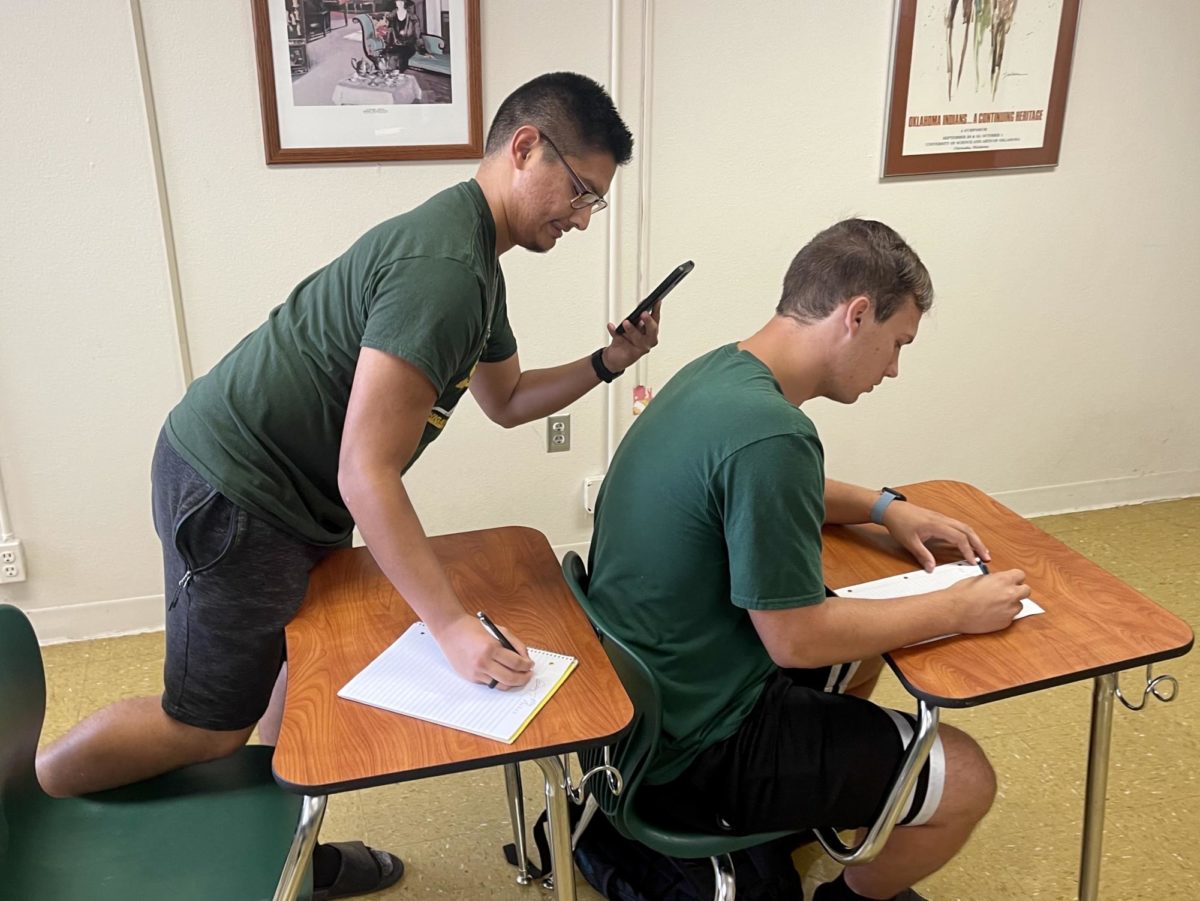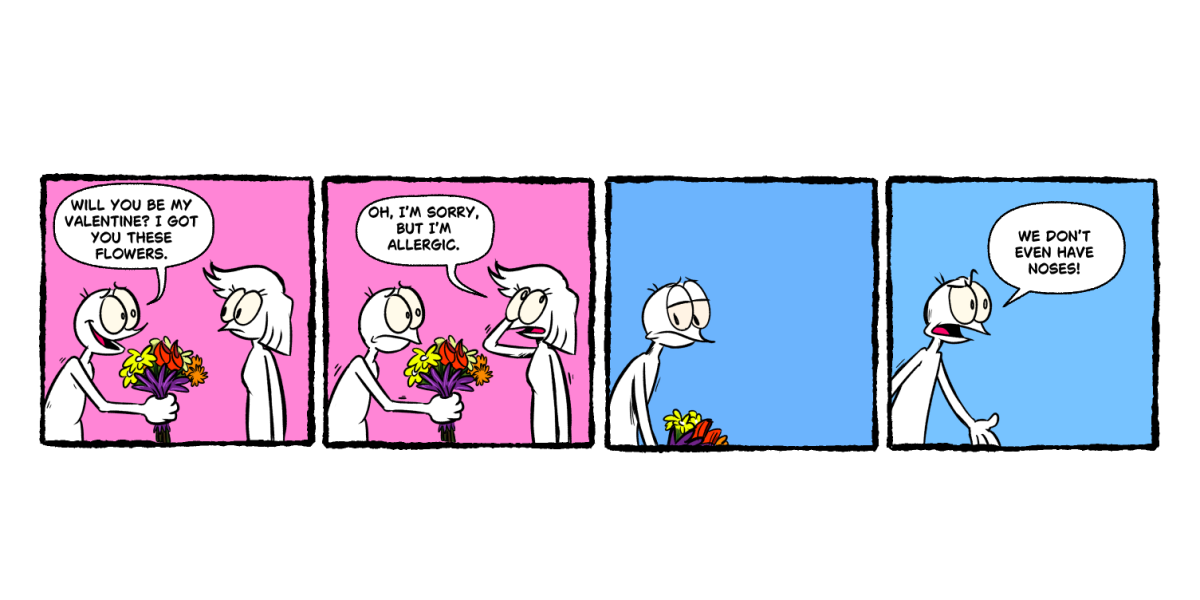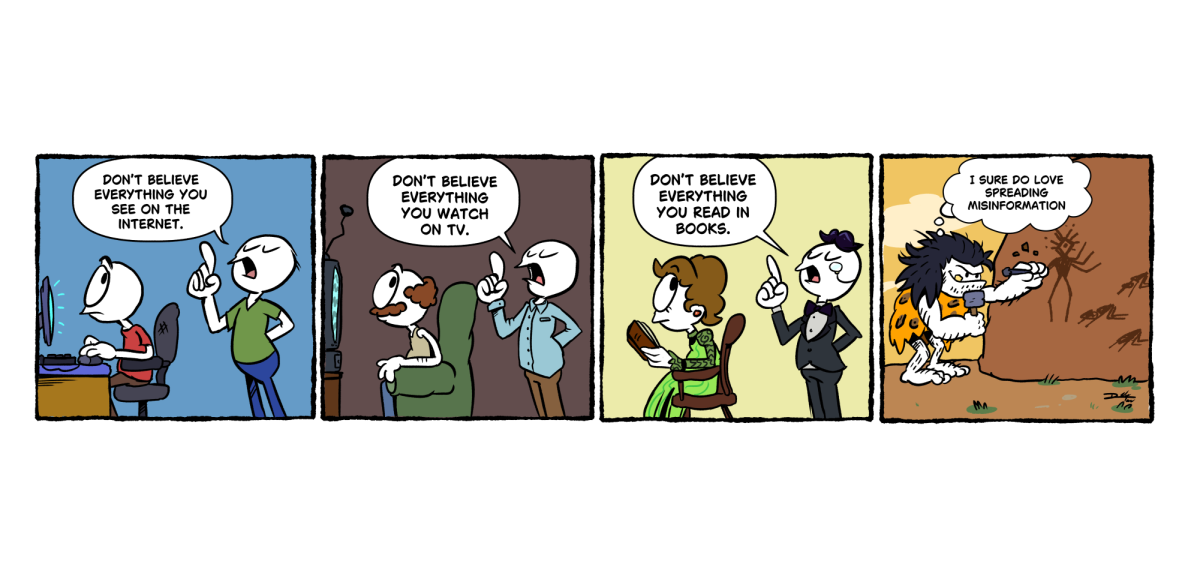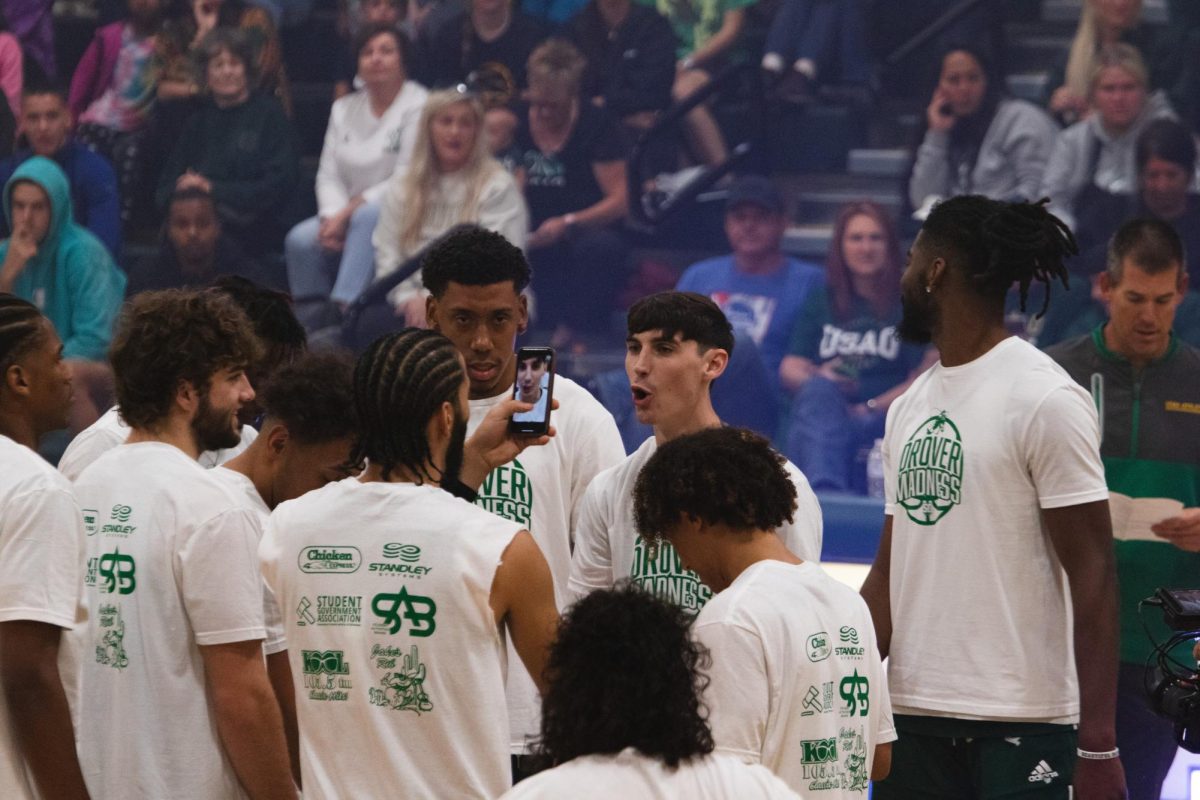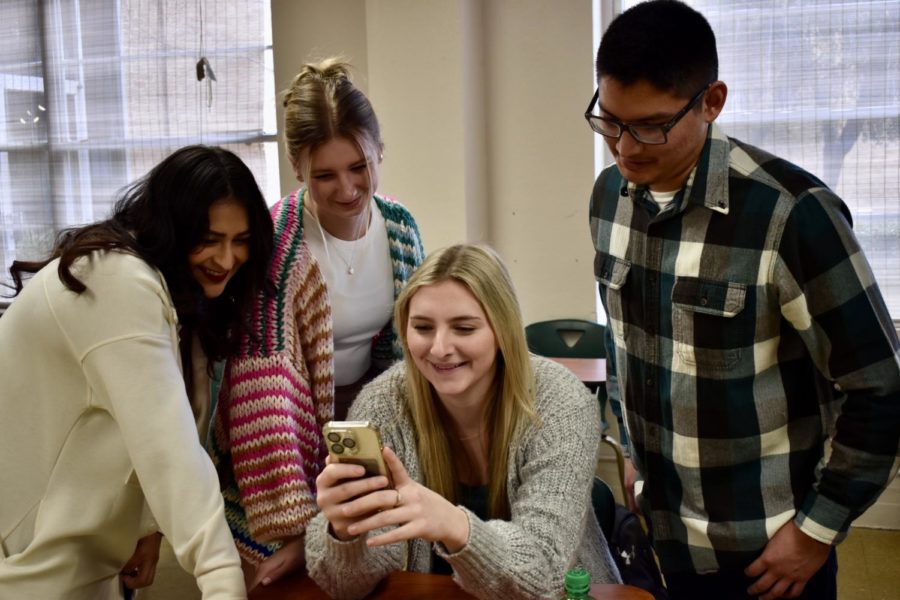Stitt Blocks TikTok Stating Cybersecurity Threat
After class, Gisela Alonso, Addysyn Asmus, Lainey Morrow, and Paul Tointigh gather around to laugh at a TikTok video.
February 9, 2023
TikTok, the viral social media platform known for its nonstop, short-form videos, has quickly become a thriving creative community for users of all ages. From lip-syncing to dance challenges, to recipes and reviews, the platform has allowed users to express themselves on a digital interface in new and exciting ways the cyberworld has never seen before. With well over one billion users, TikTok has become a juggernaut of online entertainment. However, as the platform has grown in popularity, it has also increased its potential to become a legitimate cybersecurity threat.
Oklahoma Governor Kevin Stitt recently announced that the app has been banned from all government devices, citing security concerns as the driving force behind his decision. Executive order 2022-33 effectively bans government agencies, employees, and contractors from downloading TikTok onto any government-issued devices. According to oklahoma.gov, this is largely due to widespread worry that the Chinese-owned company ByteDance will disseminate user information within the Chinese Communist Party.
The ban also comes amid growing concerns about the app’s handling of user data, as well as its unparalleled potential to spread misinformation. The Trump administration had previously attempted to ban the app, but the effort was blocked by a federal judge.
Stitt himself was adamant that protecting Oklahoma citizens is his top priority, saying of the ban, “Maintaining the cybersecurity of state government is necessary to continue to serve and protect Oklahoma citizens and we will not participate in helping the Chinese Communist Party gain access to government information.”
The decision to ban TikTok has been met with both support and criticism from both sides of the aisle with some calling it a necessary ban that protects Americans and others calling it an infringement on personal freedom as well as a purely political move to appeal to conservative voters.
While Stitt stands firm in his ban, many USAO students have expressed their disappointment with the decision, with some claiming that the ban is an overreaction and that there are alternative routes to addressing online security concerns.
“I feel as if banning Tik Tok is unnecessary,” said second-year Communication major, Mary-Grace McNutt. “It’s one of the more popular apps nowadays, and it’s a big part of how I communicate. I don’t necessarily feel like it is an attack on our freedom but rather on our way of living. You see, right now, everything is on our phones, and so, by banning TikTok, they’re eliminating a huge medium of communication for young people. It also seemed to come out of the blue. It was a surprise to a lot of students.”
The Trend conducted a random, unscientific poll of sixty students. The results were staggering, as only five out of 60 students said they were staunchly in favor of Stitt’s TikTok ban. That is an agreement rate of just over eight percent. The remaining 55 students were against Stitt’s decision to ban TikTok from government devices.
Gabi Merchen is a third-year Communication major at the University of Science and Arts of Oklahoma.




